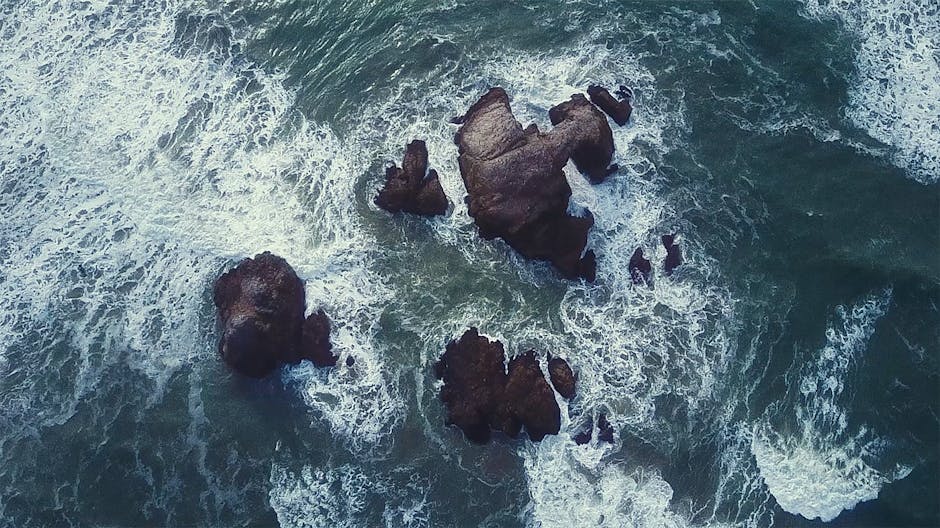With the rapid advancement of technology, drones have become increasingly popular for both hobbyists and professionals alike. From capturing breathtaking aerial footage to delivering packages, drones offer a wide range of applications. However, choosing the best drone for your specific needs can be a daunting task, especially given the vast array of models and features available on the market. In this comprehensive guide, we will delve into the key factors to consider when selecting the best drone, helping you make an informed decision.
**1. Purpose and Application**
The first step in choosing the best drone is to clearly define its intended purpose. Whether you're an aerial photographer, a filmmaker, a delivery company, or simply a recreational enthusiast, your specific needs will determine the type of drone you require. Consider the specific tasks you intend to perform, such as capturing high-resolution images, filming cinematic footage, or delivering small packages.
**2. Camera Capabilities**
If you're planning to use your drone for aerial photography or videography, the camera capabilities are of utmost importance. Consider factors such as resolution, field of view, and image stabilization. Higher resolution cameras will produce sharper images, while a wider field of view allows for capturing more of the scene in each shot. Image stabilization is crucial for reducing camera shake and ensuring smooth, cinematic footage.
**3. Flight Time and Range**
Flight time and range are essential considerations for any drone user. Flight time refers to the duration your drone can remain airborne on a single battery charge. Range, on the other hand, indicates the maximum distance the drone can travel from the controller before losing connection. Determine the flight time and range required for your intended applications to ensure your drone meets your needs.
**4. Portability and Durability**
If you're frequently on the move or need to transport your drone easily, portability is a key factor. Consider the size, weight, and folding capabilities of the drone. Durable drones can withstand minor crashes and rough handling, making them suitable for outdoor adventures or challenging environments.
**5. Controllability and Stability**
Controllability refers to the ease with which you can maneuver and navigate your drone. Look for drones with responsive controls, GPS navigation systems, and obstacle avoidance features to ensure a smooth and safe flying experience. Stability is crucial for maintaining steady flight, especially in windy conditions.
**6. Battery Life and Charging Time**
Battery life and charging time are important factors to consider, particularly for extended flights or multiple uses. Longer battery life allows for more flight time without interruption, while fast charging capabilities minimize downtime between flights.
**7. Software and Features**
Modern drones often come equipped with advanced software and features that enhance their functionality and user experience. Consider features such as automatic flight modes, object tracking, and live video streaming. These features can simplify flying, enable specialized tasks, and provide real-time footage.
**8. Brand Reputation and Support**
Choosing a drone from a reputable brand is essential for reliability, quality, and customer support. Established brands often offer a wide range of models, comprehensive warranties, and dedicated support channels. Consider reading online reviews, checking customer testimonials, and researching the company's track record before making a purchase.

